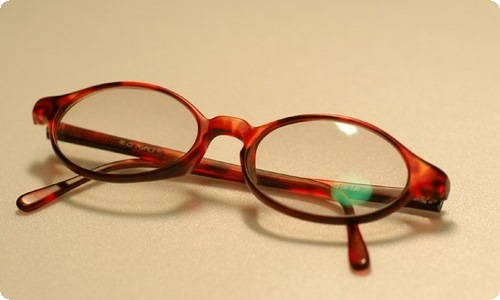
The Forgotten Dinner Guest:
The "Beyond a Reasonable Doubt"
Standard in a Motion for a Judgment
of Acquittal in a Federal Bench Trial
Jared Kneitelt
Abstract
In comparison to civil trials, criminal trials are decided on more stringentstandardsofproof However, motionsforjudgmentofacquittal in criminal non-jury trials are currently decided on a mere legal sufficiency standard as opposed to the "beyond a reasonable doubt" standard. This Article examines the lack ofreasoning and uniformity in deciding these motions as well as the potential dangers and injustices posed to a defendant by applying a lower standard. Through an examination of both domestic andforeign law, the author argues for the
application ofthe "beyond a reasonable doubt "standard when determining motions for judgment of acquittal in criminal non-jury trials.
Welcome to the Dinner Party: Introduction
The standard for judging a civil trial is lower than the standard for
judging guilt in a criminal trial, and there is no jury in a non-jury trial.
Somehow-despite these two very obvious conclusions-the nineteenth
century standard for determining a motion for a directed verdict in a civil
jury trial is still applied to our modem motion for a judgment of acquittal
in a criminal non-jury trial.
In a criminal trial, at the close of the government's case-in-chief, the
defense may make a motion for a judgment of acquittal on one or more
offenses charged.' If the motion is unsuccessful and the defense calls
a case, the defense may make another motion for ajudgment of acquittal
at the close of its case.This Article concerns only the motion at the end
of the government's case. At present, the motion will succeed only if the
government has not presented legally sufficient' evidence of all the
elements of the particular offense or offenses.
This Article discusses why, in a non-j ……此处隐藏6232个字……l"> has discharged its burden.
VII. The Invitee: The Proposed Rule 29(e)-
"Motion for a Judgment of Acquittal,
Nonjury Trial"
To remedy the problems previously discussed, the author proposes
the following addition to Rule 29:
(e) Nonjury Trial. After the government closes its evidence, the
court on the defendant's motion must enter a judgment of acquittal
of any offense on the ground that the government did not prove that
the defendant is guilty of such offense beyond a reasonable doubt.
Note, with this proposed rule, the defendant may-but is not required
to-make a motion for a judgment of acquittal. Further note that the
language in the proposed Rule 29(e) would require the court, upon such
a motion, to make a decision-without reservation-on the motion.
Of course, if acquitted on one or more counts, double jeopardy
attaches. If the bench indicates, upon decision of the motion, there will
be a conviction on one or more counts, the defendant may elect to call
a case and may elect to testify. The proposed rule does not include the
prospect for a defendant to make a motion at the conclusion of the
evidence.'o
Just Desserts: Conclusion
"[I]t may fairly be said, that, so soon as a man is arrested on a charge
of crime, the law takes the prisoner under its protection, and goes about
to see how his conviction may be prevented."' Elevating the standard
in determining a motion for a judgment of acquittal from prima facie to
beyond a reasonable doubt is the "forgotten" protection that a criminal
defendant deserves. Odd would be the prosecutor who would fuss about
elevating the standard. After all, the government bears the burden of
proving the defendant guilty beyond a reasonable doubt, and if the
government cannot do so on its own evidence, the defendant must be not
guilty.




